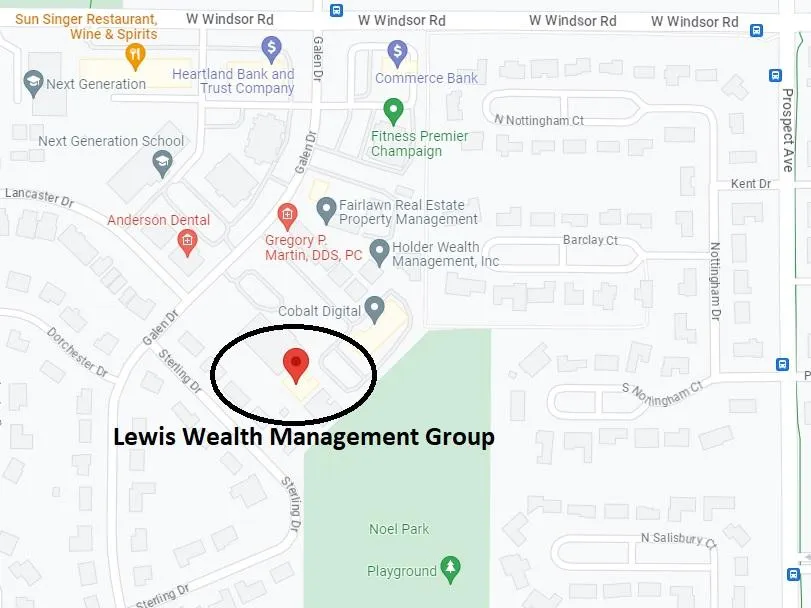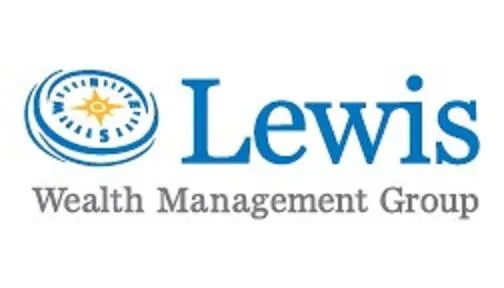
How you invest in your 401k matters
Financial Planning and the Impact of Fees and Investment Allocation in 401(k) Plans
Whether you're a seasoned sales professional, enjoying the fruits of a well-deserved retirement, or anywhere in between, understanding the intricacies of financial planning and 401(k) plans is crucial for your financial well-being. This is especially true when it comes to the subtle nuances of investment allocation and the potential pitfalls of high fees.
The Magic of Compounding
Before diving into the details of 401(k) plans, let’s touch upon the magic of compounding. When you invest, the returns you earn can be reinvested, and in turn, those returns can earn their own returns. Over a long period, this effect can lead to your investment growing exponentially. But here's the catch: high fees can eat away at this magic, and poor allocation can stifle its potential.
Investment Allocation: More than Just Diversification
401(k) plans often offer a limited selection of investment options. While diversification – spreading your investments across various asset classes – is vital, it's equally crucial to align your investments with your personal preferences and risk tolerance.
For instance, a young individual with decades until retirement might be more comfortable with riskier, growth-oriented investments, which have the potential for higher returns but also higher volatility. On the other hand, someone closer to retirement might prioritize stability, opting for conservative investments.
However, limited choices in 401(k) plans can sometimes force participants into investments that don’t perfectly match their comfort zone. This mismatch can either expose them to undue risk or deprive them of potential growth.
The Silent Erosion of Wealth: Fees
At first glance, management fees might appear minimal. A 1% or 2% fee might seem inconsequential, but over the span of several decades, these fees can substantially erode your potential returns.
Let’s paint a clearer picture:
Imagine you have $100,000 invested and over 30 years, it earns an average annual return of 7%. Without any fees, that investment would grow to approximately $761,225. But what if you had an annual fee of 1%? Over those same 30 years, your investment would grow to approximately $574,349. That's a difference of almost $187,000!
Furthermore, it's not just about the visible management fees. There might be hidden costs, transaction fees, and other charges associated with certain 401(k) plans that can further eat into your returns.
Conclusion
Ensuring a prosperous retirement is much like tending to a thriving farm. It requires time, attention, and making informed decisions. Being vigilant about your investment allocation and keenly aware of the fees you're paying in your 401(k) can make a significant difference in the long run.
If you're unsure about your current investment strategy or the fees you're incurring, consider consulting a financial advisor or accountant. They can provide insights tailored to your unique situation, ensuring that your investments grow healthily, just like a well-tended crop.
©2023 Lewis Wealth Management Group. All rights reserved.
Lewis Wealth Management Group
217-337-5584
2506 Galen Drive Ste 104
Champaign IL 61821
Check the background of your financial professional on FINRA's BrokerCheck.


